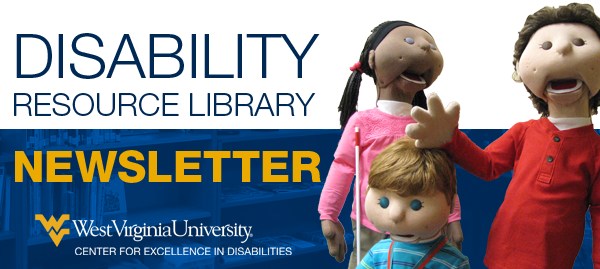
March, the month to celebrate women’s history; or march, the protest organized by women for rights, inclusion and accessibility. Women have shaped the United States as we know it today, including many of those whom have disabilities. The contributions of these women to human rights and justice for the entire disability community shaped the path that all women walk as Americans. As disability activist, Cheryl Marie Wade stated, “No’ has fueled many a revolution” in American history, and most recently includes the largest protest involving Americans with disabilities to date, the Women’s March on Washington in 2017. Women’s history includes women with disabilities.
Featured Resources
All featured resources are available to borrow from the DRL
Browse more resources.Haben: The Deafblind Woman Who Conquered Harvard Law
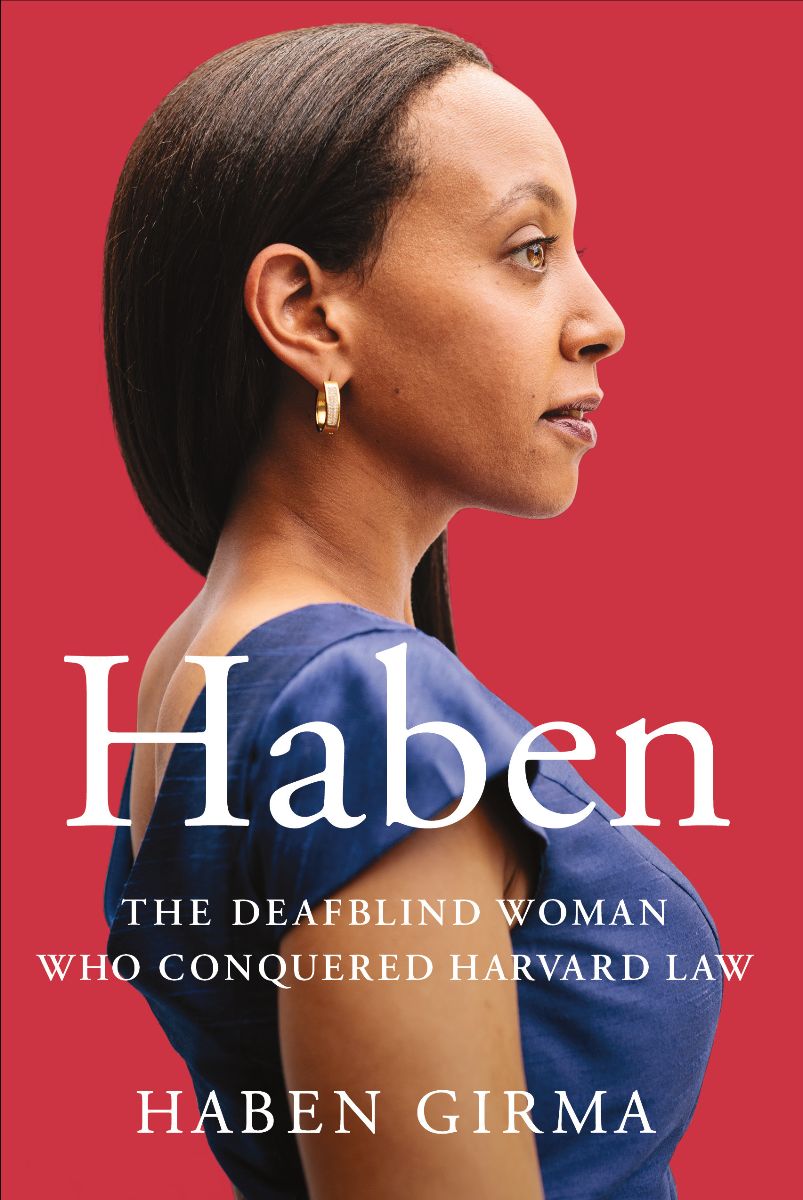
By: Haben Girma
Haben defines disability as an opportunity for innovation. In Haben’s memoir, she describes her family’s refugee story and her many adventures over the years, including building a school in Mali, developing a text-to-brail system and pioneering her way through Harvard Law. She now uses her talents to advocate for people with disabilities. This is a warm, funny, thoughtful and uplifting testament to one woman’s determination to find the key to connection.
Girls and Young Women: Leading the Way
by Frances A. Karnes, Suzanne M. Bean, Rosemary Wallner
This book includes 20 biographies on leadership, thought-provoking questions, suggestions for leadership projects, resources, tips on starting and keeping a leadership notebook and more!
What Happened to You? Writing by Disabled Women
Various Authors
A candid, powerful and often hilarious collection of fiction, essays and poetry by women with disabilities.
Featured Technologies
To browse more technologies, click here.OrCam MyEye 2
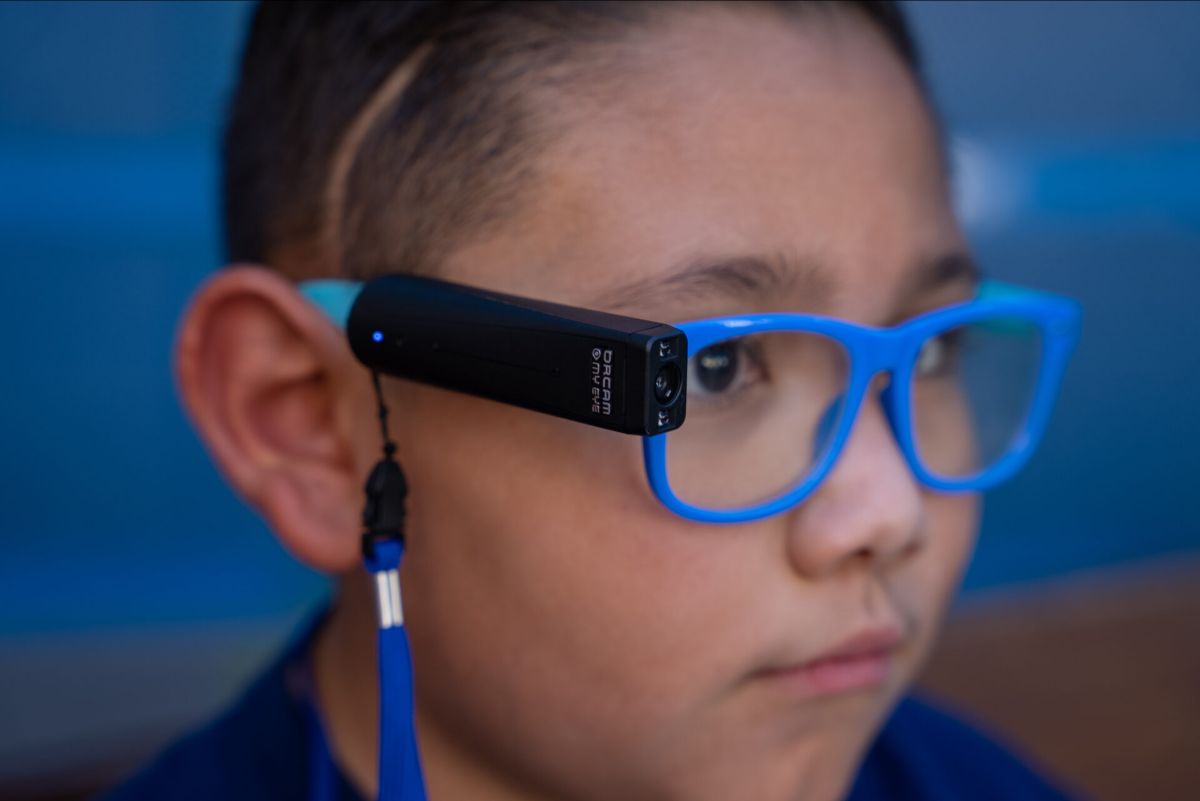
Advanced wearable assistive technology device that provides independence by allowing access to visual information, conveyed by audio, on a tiny camera that can be attached to any pair of eyeglasses. Using artificial intelligence, it reads text, recognizes faces and identifies products.
Signing Time – American Sign Language Introduction Videos
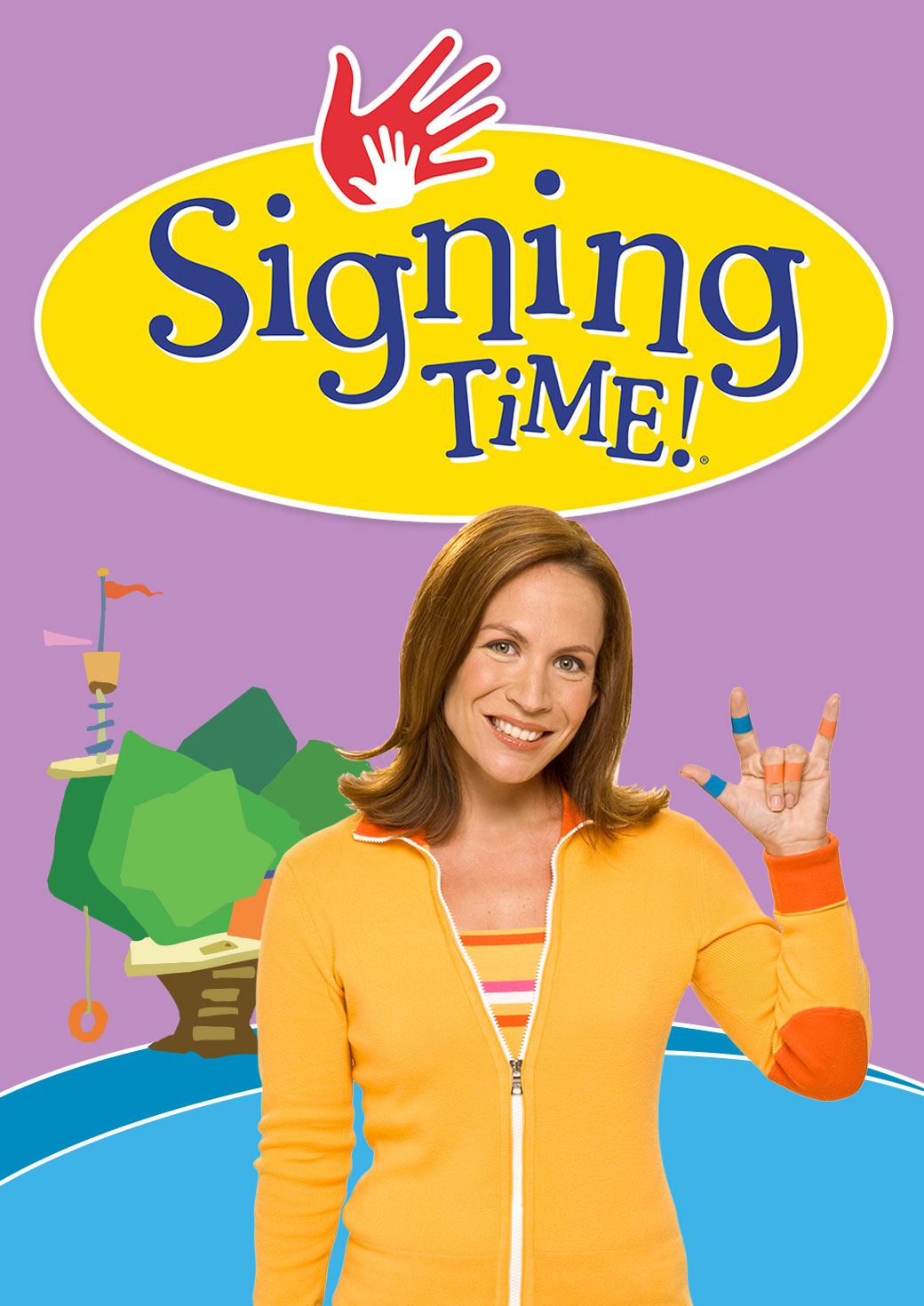
Play, sing and sing along with Singing Time while learning American Sign Language! This multi-sensory program introduces children to a “hands-on” second language. Several volumes available for loan.
Navigation Tips
There are hundreds of documented stories of women with disabilities from the United States and around the world who were instrumental in American history. Disability rights activist, whom also utilizes a wheelchair, Stella Young, addresses the reason a person with a disability must advocate in ordered to change their life and the life of successors to come, “No amount of smiling at a flight of stairs has ever made it turn into a ramp. Never. Smiling at a television screen is not going to make closed captions appear for people who are deaf. No amount of standing in the middle of a bookshop and radiating a positive attitude is going to turn all those books into braille.”
1893: Agatha Tiegel Hanson
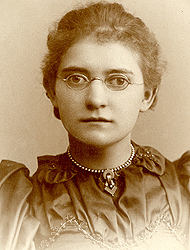
Deaf, poet and women’s rights activist, Hanson became the first woman to graduate from Gallaudet University and delivered the commencement address on women’s rights to education. Referring to domesticity as a “cult” and that women should be involved in all aspects of life. Agatha’s speech planted the seeds of education revolution for women in the United States.
1927: Helen Keller
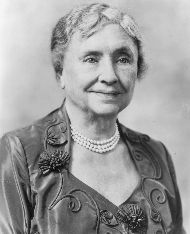
Helen Keller is a disability activism symbol in the United States. Helen is known to have held radical political views as a socialist, suffragist, and supporter of the NAACP. In her speech to the Knights of the Blind in 1927, Keller argued that the sighted must dispel misconceptions about the “poor” blind.
1977: Kitty Cone
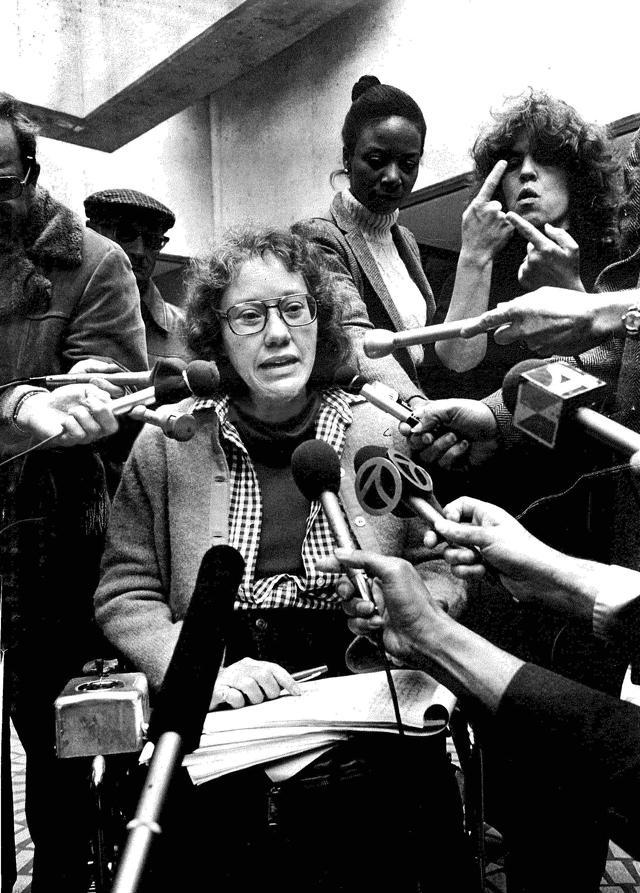
Cone served as a spokeswoman, strategist and organizer in the demonstrative sit-in with over 100 others at the Department of Health, Education and Welfare office in San Francisco during Jimmy Carder’s presidency in April 1977. This demonstration established a new level of legal protection and accessibility for people with disabilities in the U.S.
2017: The Disability March
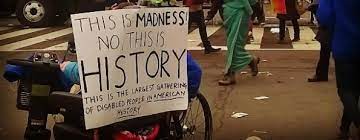
In response to the 2016 presidential election, women across the country and world participated in the Women’s March on Washington on January 21, 2017. The disability march included a virtual, and thus fully accessible, event for women who could not physically participate in the protest but who needed to have their voices heard. Spearheaded by Sonya Huber, the virtual march comprised of over 3,000 participants who defined “disability” in broader terms to include chronic pain and invisible illnesses such as mental health diagnoses, Crohn’s disease and fibromyalgia.
As Judy Heumann, disability activist and policymaker states, the fight for disability rights has come far, but “we’re not done yet.”

A Child's Champion – Jennifer Forester
Jennifer Forester has dedicated her career to improving the quality of life for children with disabilities and their families in West Virginia. A recent retiree from a 30+ year career working in pediatrics at WVU, Jennifer, alongside pediatric neurologists, diagnosed and treated children with attention deficit disorder (ADD) and Tourette syndrome as an out-patient social worker and program manager. Post retirement, Jennifer has come aboard the CED team and is the curriculum coordinator for the LEND program where she is a mentor, teacher, and point of contact for the graduate and doctorate students, from a variety of disciplines, learning about serving individuals with disabilities.
Jennifer has taught disability focused coursework at WVU for nearly 20 years, where she has had the opportunity to open students’ eyes and minds to the disability field and community. She has been awarded and professionally recognized in many ways both during her tenure as a college professor and in her work as a social worker with the Distinguished Teaching Award from WVU, the West Virginia Great Teacher’s Seminar Award and Resident Golden Apple, just to name a few.
Jennifer states that “I learned about my passion through the jobs that I have had”, as she was never a person that was “called” to do just one thing. This passion for going where she is needed, to delving into meeting the needs of the population she is serving, has allowed her to make a difference in the lives of individuals from diverse backgrounds. She has worked as a child protective services worker early on and then as a social worker at the Klingberg Child Development Center that really lead her to her career in disability services.
“I hope that there are children who were diagnosed with ADD or Tourette syndrome that have gone on to live happy and successful lives. I hope that working in our clinic helped them gain confidence in themselves”, says Jennifer in regards to what she feels has been her greatest impact.
Even in retirement, Jennifer continues to serve marginalized populations both professionally and personally, as a regular volunteer at the Community Kitchen. Jennifer has four grandchildren, enjoys attending music festivals, and lives in the “cow house”.
